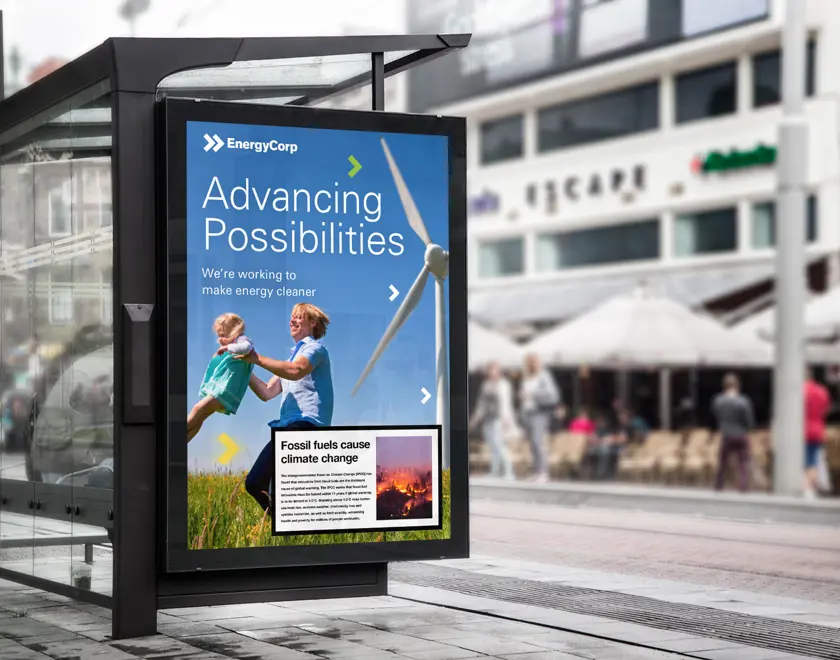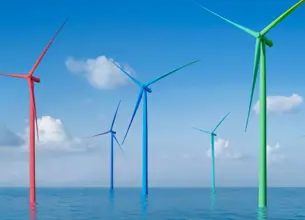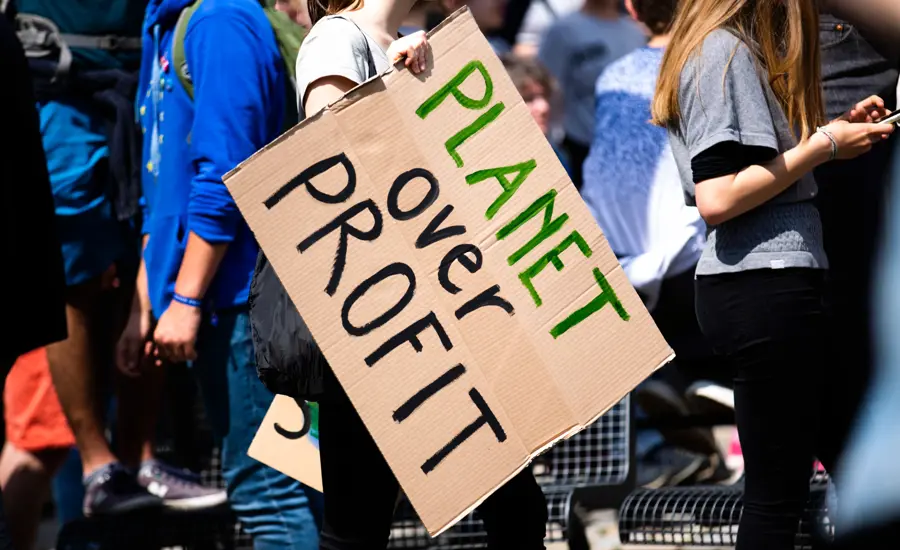Greenwashing
We’re challenging greenwashing so that companies are honest with customers and investors about their impact on the environment.

We’re challenging greenwashing so that companies are honest with customers and investors about their impact on the environment.

Companies are facing increasing pressure from consumers, governments and investors to make commitments around sustainability and climate change. Greenwashing is a way for companies to appear socially responsible while continuing to operate as they wish.
A rising tide of greenwashing is distracting the public from the harm these companies are causing and damaging open public debate about climate change.
So we’re taking action. We’re using the law to stop companies misleading consumers and investors over their climate credentials.
While greenwashing isn’t new, there’s been a huge uptick in interest among consumers recently around environmentally and socially conscious products, and consumers are much more concerned about making environmentally friendly purchasing decisions. So, companies have a real financial incentive to appear sustainable and socially conscious.
Greenwashing is where a company uses advertising and public messaging to appear more climate friendly and environmentally sustainable than it really is. It’s also a technique used by certain companies to distract consumers from the fact that their business model and activities actually do a lot of environmental harm and damage.
It can be seen in advertising, sponsorship and public messaging in the media and on social media.

KLM tells the District Court of Amsterdam that it will scrap its advertising campaign telling customers to ‘Fly Responsibly’ during a hearing focused on Fossielvrij’s admissibility to bring the claim - the world's first aviation greenwashing lawsuit.

A judge rules the landmark greenwashing legal action against French oil and gas giant TotalEnergies is allowed to proceed, marking a major step forward in protecting consumers from misleading marketing claims over sustainability.

KLM files its first round of arguments on whether Fossielvrij should be allowed to bring the lawsuit. KLM argues that the airline needs to keep its ‘licence to grow’. It also claims that Fossielvrij – as a climate campaigning organisation – has no place bringing a legal challenge against misleading advertising.

We team up with environmental and consumer groups in the United States to bring a first-of-its-kind lawsuit against District of Colombia power utility Washington Gas, over greenwashing in its marketing.

KLM proposes some changes to its climate advertising and its website in an effort to stop the case going ahead, acknowledging that aviation is far from sustainable today. But the company continues to use its core ‘Fly Responsibly’ message and offset marketing.

Along with campaigners Fossielvrij Netherlands, and Reclame Fossielvrij, we help take legal action against major Dutch airline KLM, over misleading marketing that promotes the sustainability of flying.

Along with environmental groups Greenpeace France, Friends of the Earth France and Notre Affaire à Tous, we launch court action in France to hold Total accountable over greenwashing.

In April 2021 we launched the Greenwashing Files, an in-depth look at how nine major companies have been representing their green credentials in their advertising and pitting this against the reality.

We launched our campaign against greenwashing in Poland, challenging an eco label on coal for home heating. With lab tests and polling we’ve shown that the reality does not match the clean, green impression given by the label and that people have been misled into thinking the label means the coal they’re buying is more eco-friendly. We’ve just launched our first legal action against the label.

In June 2020, the OECD announced our complaint against BP's advertising would have proceeded had the company not already committed to end the advertising campaign. This set a precedent for complaints against corporate greenwashing.

In February last year, energy giant BP announced its ambition to become a ‘net zero’ company by 2050. As part of this announcement, it revealed it would be pulling its multimillion pound ‘Possibilities Everywhere: Keep Advancing’ campaign and would ‘stop corporate advertising’.

We lodged a legal complaint against BP's multimillion pound ad campaign with the Organisation for Economic Co-operation and Development (OECD). We believed the adverts could mislead people into thinking that BP was a renewables company, when 96% of its spend was on oil and gas.

We asked science journalist, author and presenter on BBC Radio 4's Costing the Earth, Jheni Osman, to explore the issue of corporate greenwashing – why it happens, to what extent, and how companies are being forced to make big decisions about the future of 'green' marketing.